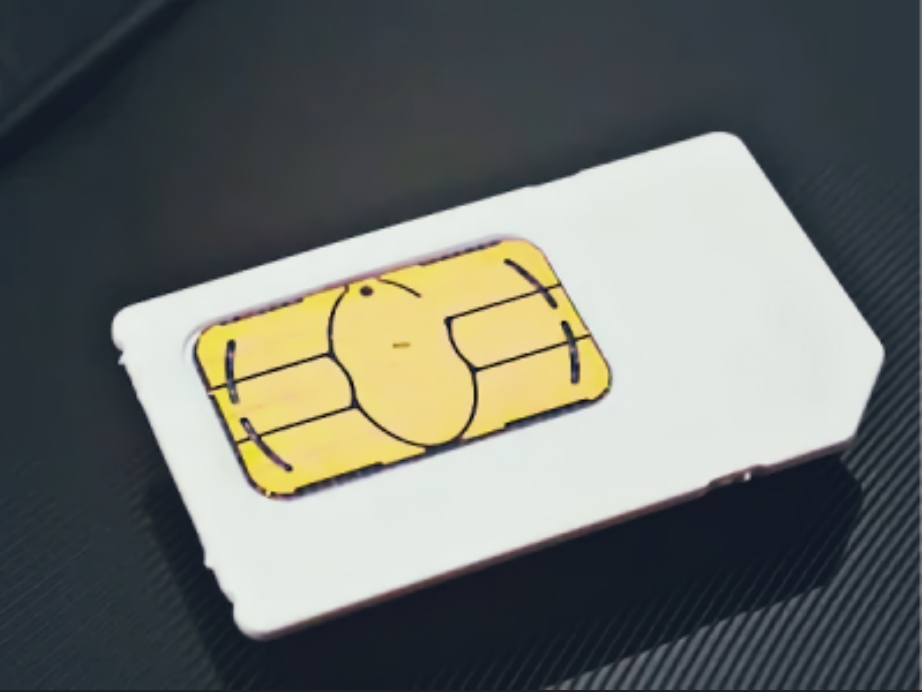- Joined
- May 15, 2016
- Messages
- 18,786
- Likes
- 2,614
- Points
- 1,730

Cellular communication market players wrote to the State Duma. Rostelecom, MTS, MegaFon, Tele2 and Vimpelcom with a request not to introduce large fines for gray SIM cards. Amendments to the law “On Communications” are now being finalized by the Ministry of Digital Development.
Kommersant got acquainted with the letter of the Big Five to the Chairman of the State Duma Committee on State Construction Pavel Krasheninnikov. Companies are asked to revise the amendments to the Code of Administrative Offenses (CAO). They were introduced back in May 2017 and adopted in the first reading in October last year. Now the document is being prepared for the second reading.
Amendments to the Law “On Communications” oblige businesses to register data about end users in the Unified Identification and Authentication System (ESIA) of the public services portal. Companies can provide services only to subscribers who have been identified. The law also provides for the possibility of buying SIM cards via the Internet using a simple electronic signature when verifying the user through the ESIA or the Unified Biometric System (UBS).
The document introduces fines of 200-300 thousand rubles. for operators who have violated the rules for selling SIM cards via the Internet. If the operator has not disconnected corporate clients who have not passed the ESIA from communication services, he will be fined 300-500 thousand rubles.
The operators in the letter claim that these amounts are ten times more than the liability for similar administrative violations and ask to reduce their amount during the economic crisis.
Tele2 emphasizes that the increased administrative burden under the sanctions hinders the development of the mobile communications market. The innovation will entail a deterioration in customer experience and slow down the development of the industry, MegaFon agrees. VimpelCom considers the introduction of fines to be premature, because the procedure for providing data on corporate subscribers by operators to Roskomnadzor has not yet been approved.
The State Duma Committee on State Construction declined to comment.
Now for such a violation, operators can be fined under the article on non-compliance with license requirements in the amount of 40 thousand rubles, that is, the responsibility really grows by about an order of magnitude, says Moscow Digital School teacher Nikita Danilov.
The expert notes that formally a fine can be issued for each fact that a SIM card is sold in violation, and this can potentially lead to multi-billion dollar fines.
At the same time, for corporate clients of operators themselves, a fine of up to 70 thousand rubles is provided for not entering data into the ESIA, Danilov specified.
BGP Litigation partner Alexander Panov considers the amount of fines justified. He points to a surge in telephone fraud and believes that the measures are just aimed at “protecting citizens from abuse by operators and third parties.”
Operators will shift the amounts of these fines to their corporate subscribers, and those to employees who have not been identified, suggests Alexander Zhuravlev, managing partner of the EBR law firm.
At the same time, Konstantin Ankilov, CEO of TMTConsulting, believes that through large fines, the state actually shifts responsibility for compliance with the law on gray SIM cards to operators, since “it is easier for him to work with four large companies than with thousands of legal entities.”
__________________







